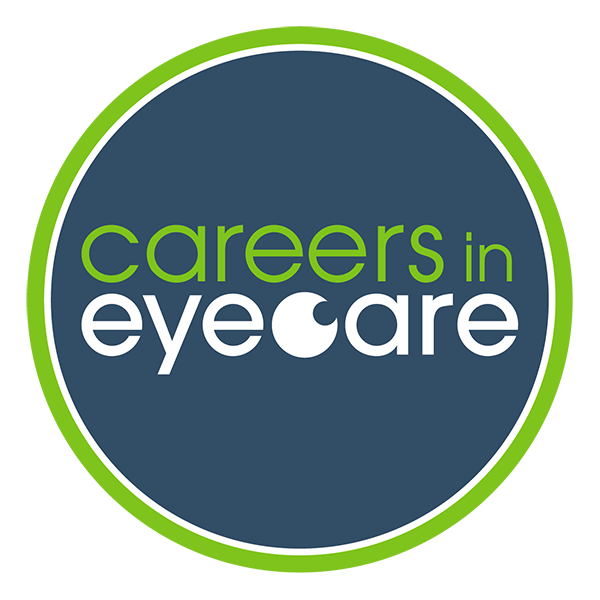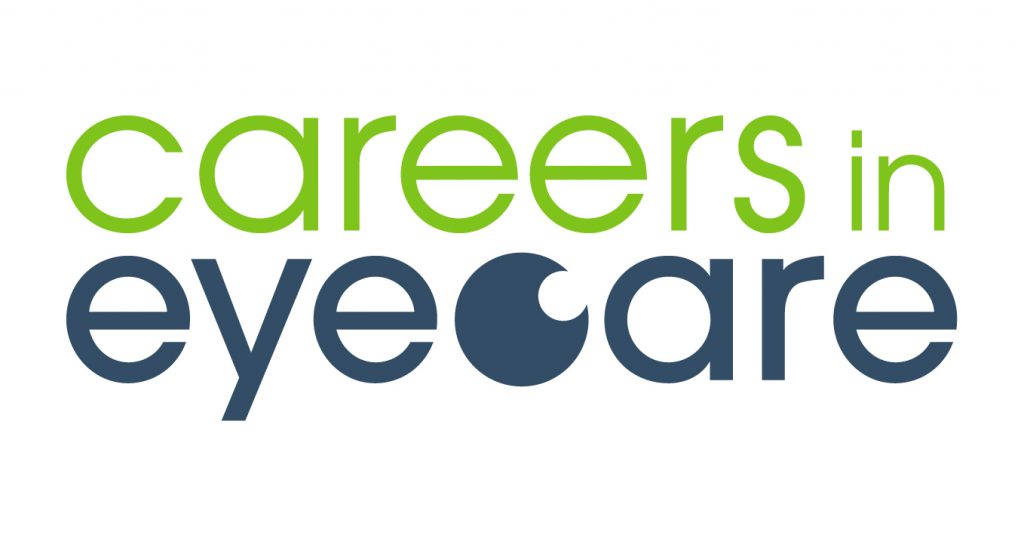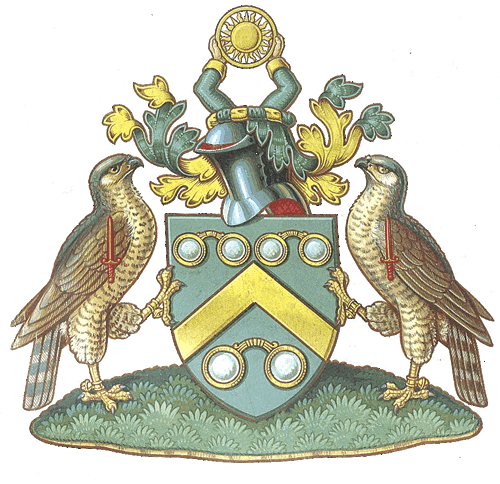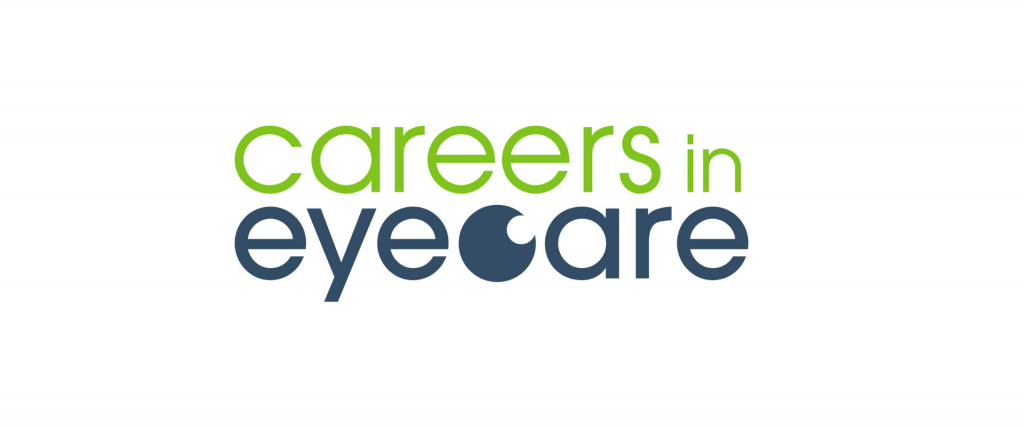See how to become an Eye clinic liaison officer (ECLO) with our career guide
What is an Eye Clinic Liaison Officer (ECLO)?
An ECLO works as part of the Hospital Eye Service, to provide emotional and practical support to people with sight loss, their friends, families and carers.
What does an ECLO do?
ECLOs bridge the gap between Health and Social Care and empower people with sight loss by signposting and referring them to the wide range of support services available outside of the hospital.
You’ll help guide people through the certification and registration process, provide Visual Awareness Training for hospital staff, and act as advocates for patients so they get the best possible care.
What do you get from this role?
You’ll get a huge amount of satisfaction, helping people navigate through the complicated processes and organisations to get them the support and help they need.
Often people are unaware of all the things out there to help them.
It’s very rewarding to help people remain independent and to continue living their lives to the full after a diagnosis of a serious eye condition.
What do you need to apply?
You will need a qualification in rehabilitation / nursing / occupational therapy / optometry or a significant other health and social care qualification, or experience of delivering support services at a similar level.
As part of the training for the role, you will need to undertake the RNIB and City, University of London ‘Eye Clinic Support Studies’ qualification.

What skills do you need?
You need a knowledge of social work, health services and functions of professionals within the eye health field.
You will also be required to understand the need to involve service users and carers in assessing needs, accessing services and service development.
You’ll need to have excellent communication skills, be able to organise and manage your time effectively, prioritise your workload, and be competent in the use of Microsoft Office software including Word, Excel and databases.
What does your working day look like?
No two days are the same! Some time will be spent in the hospital eye department, supporting people face to face, as well as time on emails and on the phone. Sometimes we go to other areas of the hospital, for example if we need to support someone who is a patient on a ward. We also attend department team and audit meetings, and sometimes deliver training to staff.







